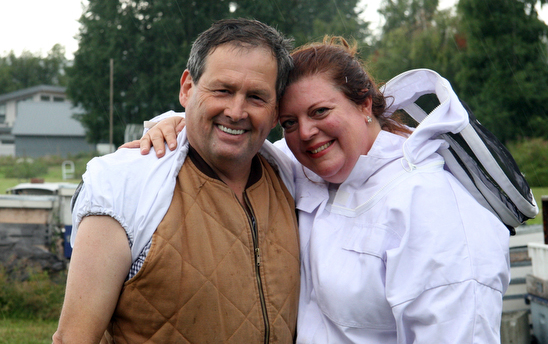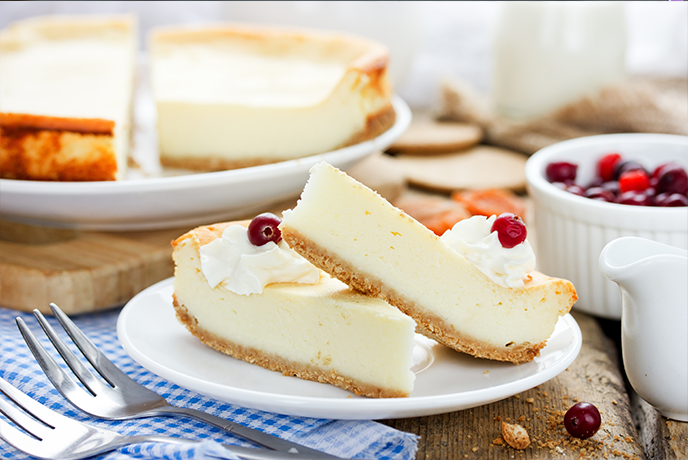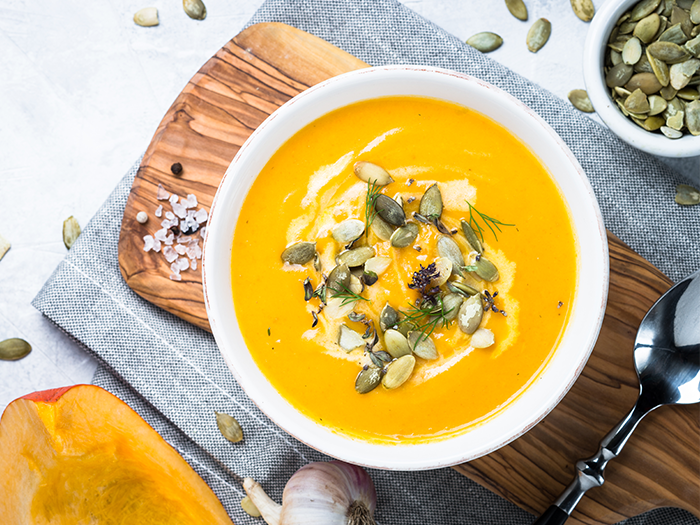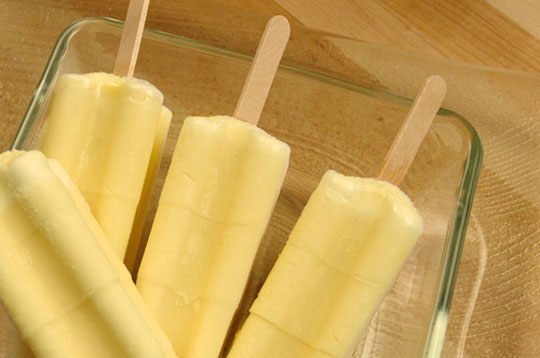
BC Honey Producers
The beautiful Creston Valley is where you will find Honey Bee Zen Apiaries, producers of Swan Valley Honey. Amanda Goodman Lee and Jeff Lee care for between 300 and 500 hives of honey bees. They farm on seven acres and have an established group of honey yards throughout the valley. They produce their own signature all-natural wildflower honey, which is found in stores throughout the Kootenay region of British Columbia.
Jeff and Amanda are passionate about caring for their bees and ensuring that they are healthy and productive. Read about all of their hard work and dedication behind producing this delicious liquid gold.
What do you want consumers to know about beekeeping?
AGL: Bees are responsible for one-third of the world’s food supply. Pollination is essential for the production of berries and tree fruits, and it’s really the most important role of the bees. But making honey is equally important. It is a great food for us humans to enjoy. We work hard to produce the best all-natural honey we can, extracted and lightly filtered but not heated above the temperature of the brood nest (inside of the hive). That ensures our honey has all the goodness that comes directly from the bees. Of course honey is limited by time of year and forage. We can only produce what the bees make in a short window of time during the spring and summer.
How do you care for your bees and make sure they are healthy?
AGL: If we don’t have any bees we don’t have a business. We care deeply about their health. Bees are livestock and are susceptible to a variety of diseases and problems and we have to manage them year-round with as little intervention as possible. During the height of summer, bees overproduce honey, allowing us to harvest the excess during what we call the “honey flow”. But in early spring and fall, when the flow is not on and forage is hard to find, we sometimes supplement them with a fondant (a sugar-based food). We never feed the bees during a honey flow as we want to harvest pure, natural honey. It is also incredibly important that we make sure that the bees have plenty of food stores in the fall to get them through winter.
Are there any challenges you face as beekeepers?
AGL: We conduct regular hive inspections including testing our bees for varroa mites. This pest is the single biggest threat to bee colony health. It can carry viruses that amplify their damage, and if left untreated will eventually kill the colony. So when the mite population reaches a certain threshold we apply treatments, primarily organic compounds, to reduce them to a safe level. The biggest challenge today is not honey production or finding forage for the bees, but this tiny mite. This is a lesson we try hard to instill in new beekeepers.
What actions do you take on your farm to ensure you are producing safe food for consumers?
AGL: Honey is a very sticky business, but keeping things clean is very important. We operate using modern food processing, biosecurity and record-keeping standards. We meet provincial health regulations. We recently updated our honey house equipment and lighting, making it easier to wash and sanitize. We keep extensive records of colony health and details around honey extraction. Keeping things clean and organized is a top priority.
What is your favourite thing about farming?
AGL: We love farming because we feel like we have done something good for both humankind and for the environment. It is far, far harder work than we’ve ever done, yet it is incredibly rewarding. At the end of a busy week we love to sit on our back deck and sip glasses of good BC mead (honey wine) while we watch the bees fly around collecting the last bits of nectar before they, too, call it quits for the day.


